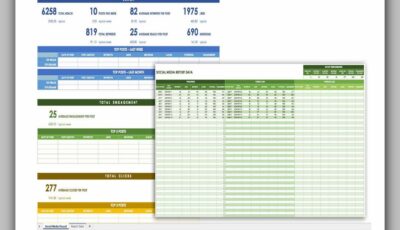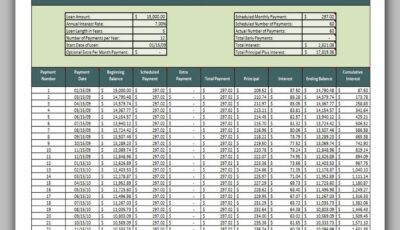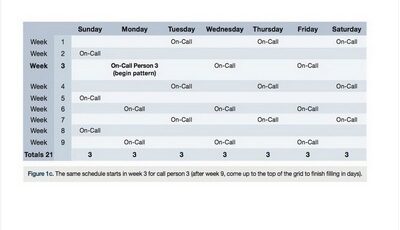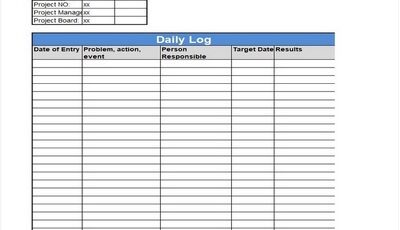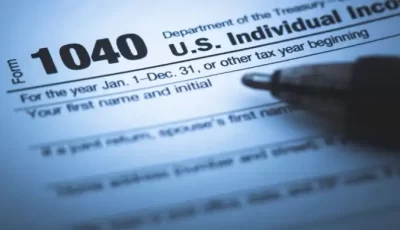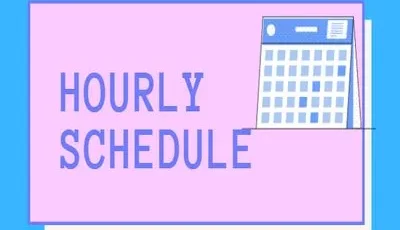Do you know which cancer screening schedule is right for you based on age? Well, read on to find out! This article provides a guideline for cancer screenings based on your age.
What are the different cancer screening schedules?
There are many different cancer screening schedules, but which is right for you depends on your age. Some cancer screening schedules require you to be screened periodically throughout your lifetime, while others only require screenings during specific points in your life.
The different cancer screening schedules vary in when they require you to be screened, what types of cancer they screen for, and the benefits and risks associated with each one.
The following are descriptions of four different cancer screening schedules based on your age:
- Childhood Cancer Screening Schedule: This schedule is for children aged 2-19 years old and requires screenings for certain cancers, such as leukemia, lymphoma, and brain tumors.
- Adolescent Cancer Screening Schedule: This schedule is for teenagers aged 10-19 years old and requires screenings for specific types of cancers (e.g., ovarian, testicular, and cervical) and non-cancerous health conditions (such as breast or cervical cancer).
- Adult Cancer Screening Schedule: This schedule is for adults aged 20 or older and requires screenings for many cancers. The most common cancers screened for using this schedule are leukemia, lung, prostate, and colorectal cancer.
- Pregnancy Cancer Screening: This schedule is only available during the second and third trimesters of pregnancy and requires screenings for various cancers, including leukemia, breast cancer, and cervical cancer.
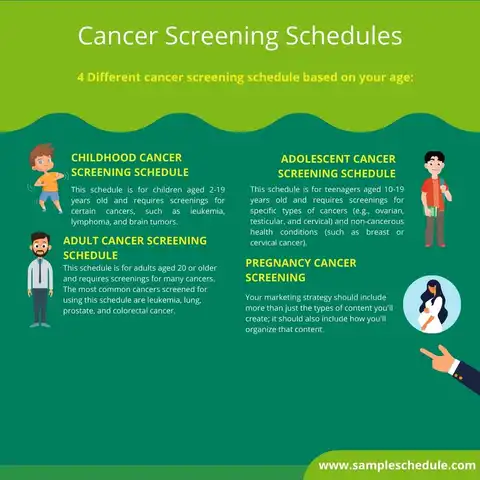
4 Different cancer screening schedules based on your age
How old do you have to be to be screened?
Depending on your age, you may be screened for different types of cancer. The benefits and risks of cancer screening will vary depending on when you are screened.
There are four screening ages: 0-19 years old, 20-39 years old, 40-59 years old, and 60 years old.
- 0-19 year-olds are screened for lung, colon, and rectum cancers.
- 20-39-year-olds are screened for lung, colon, rectum, prostate, and breast cancers.
- 40-59-year-olds are screened for cancers of the lung, colon, rectum, prostate, breast, and melanoma (a type of skin cancer).
- 60-year-olds and older are screened for all cancers except melanoma.
Cancer screening is important because early detection is the key to successful treatment.
If you are ever told you need to be screened for cancer, you should talk to your doctor about the best screening schedule.
What are the benefits of cancer screening?
Cancer screening has many benefits, including detecting cancer early when it’s more likely to be cured. Cancer screening can often save lives. Cancer screening can improve your quality of life by allowing you to keep your health and quality of life in check.
Cancer screening is not always necessary, but it is often a lifesaver. Wide varieties of cancer can be detected through cancer screening; most are curable if detected early. So don’t wait – get screened for cancer today!
What are the risks of cancer screening?
Cancer screening is a valuable tool with risks and advantages, like any intervention. Before deciding if cancer screening is good for you, you must weigh both sides carefully.
Several types of cancer can be detected through cancer screening, but the benefits of screening may not always outweigh the risks. Some cancers may be more serious when caught early, so you must know your options and be open to discussing any potential risks with your doctor.
Even if you’re screened for cancer, there is still a chance of getting the disease. Therefore, it’s important to know the risks involved and ensure you understand what screening tests are open.
What should you do if you’re told you need to be screened for cancer?
If you’re informed, you need to be screened for cancer, speak to your doctor about the specific cancer screening you should undergo. There are many different cancer screening schedules, and each has its advantages and dangers.
Depending on your age, the best cancer screening schedule for you may be a blood examination, a mammogram, or both. However, remember that cancer can come from many different places in the body, so be sure to get screened for all cancer varieties possible. If you’re diagnosed with cancer after being screened for it, don’t feel alone – many people survive cancer after being screened for it.
Can you get cancer if you’re screened?
There are many different cancer screening schedules, but each has its benefits and risks. Every person’s situation is different, so you’ll have to consult your doctor to decide what’s best for you. While some people may choose not to be screened, others may choose to undergo screenings at various ages based on their risk factors.
Cancer can be fatal, so it’s essential to be screened for it. Cancer screening can save your life. Many types of cancer can be detected through cancer screening, so screening is essential for all cancers. Cancer screening has many benefits, such as early detection and decreased mortality rates.
However, there are also risks to cancer screening, such as false positive results and side effects from the tests themselves. If you’re told, you need to be screened for cancer, ensure you understand the risks and benefits before deciding whether or not to undergo the test.
What types of cancer are most likely to be detected through cancer screening?
Cancer screening can help you detect cancer early when it’s easier to treat. Cancer screening can also help save your life. Cancer screening is not 100% accurate, but it’s still important. Many different types of cancer can be detected through cancer screening. You don’t have to be a cancer patient to be screened for cancer. Some people may decide not to be screened for cancer because of the risks involved.
Cancer screening is an important way to detect cancer early before it has a chance to grow and spread. Cancer screening can prevent many people from getting cancer. Cancer screening is divided into two types: cancer screening tests and cancer screening exams.
Cancer screening tests include blood tests, mammograms, and prostate cancer screenings.
Cancer screening exams include CT scans, MRI scans, and PET scans.
There are many different cancer screening schedules, but which is right for you depends on your age. The American Cancer Society has created a cancer screening guideline based on age. Read Also: DoorDash Schedule: 3 Best Ways to Boost Your Earnings, Save Time & Make More Money
The guideline is “The American Cancer Society Guidelines for Community-Based Cancer Screening Programs.” The guideline is available online. The guideline is based on the following seven principles:
- cancers are preventable
- early detection saves lives
- everyone should be screened
- screening is affordable
- screening is simple and easy to do
- everyone should receive the same level of screening
- cancer screening is a team effort.
The American Cancer Society Guidelines for Community-Based Cancer Screening Programs recommend that everyone age 55 or older be screened for cancer at least once and everyone age 50 or older be screened for cancer at least twice.
The American Cancer Society also recommends that everyone aged 40 to 54 be screened for cancer at least once, and those aged 30 to 39 are screened for cancer at least twice. The American Cancer Society also recommends that.
